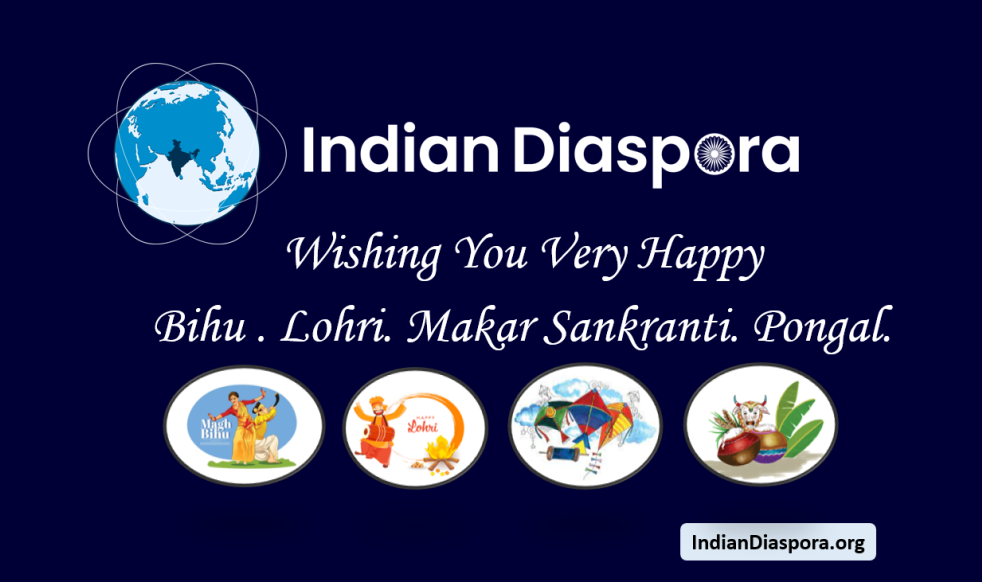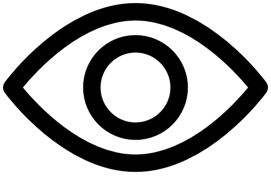The Indian Diaspora team wishes the global Indian Diaspora all across the world - a very Happy Bihu, Lohri, Makar Sankranti, Pongal!
These winter harvest festivals announce the end of the winter solstice and the beginning of warm days. These festivals acknowledge different agricultural practices in India and are celebrated to mark gratitude towards mother nature and the agricultural community in India.
Lohri is an Indian festival of great traditional significance. It is celebrated a day before Makar Sankranti, where people pray and celebrate around a bonfire. The festival is primarily celebrated in Northern parts of India with great energy and spirit. Lohri is also termed as the festival of harvest wherein farmers celebrate folk songs culture and mark the end of sowing season.
Makar Sankranti also known as Maghi, is a Hindu festival, which is celebrated across India in different cultural forms, with great devotion and fervor. The festival, which marks the start of longer days, is usually celebrated in the second week of January.
Pongal festival is being celebrated for around 2000 years. Originated as a Dravidian Harvest festival which was celebrated as Thai Un and Thai Niradal. According to a legend, lord Shiva once asked his bull, Basava, to go to the earth and ask humans to have an oil massage and bath every day and to eat once a month. Basava mistakenly announced Shiva has asked people to eat daily and have an oil bath once a month. Enraged Shiva , banished Bavasa to live on the earth forever. He would have to plough the fields to help people produce more food. Thus, this day is associated with to cattle.
Bihu Festival is a harvest festival and is celebrated to mark the beginning of the Assamese New Year. The three variations of the Bihu festival—Bohag Bihu, Kati Bihu, and Magh Bihu—all fall on significant dates in the area’s agricultural calendar. The Bohag Bihu holiday, which is observed in the middle of April, marks the start of spring and the cycle of crop sowing. The fast steps, swaying hips, and usage of traditional musical instruments like the dhol (drum), taal (cymbals), and pepa (horn) are characteristics of the dance.

 138 Views
138 Views 0 comments
0 comments
Comments